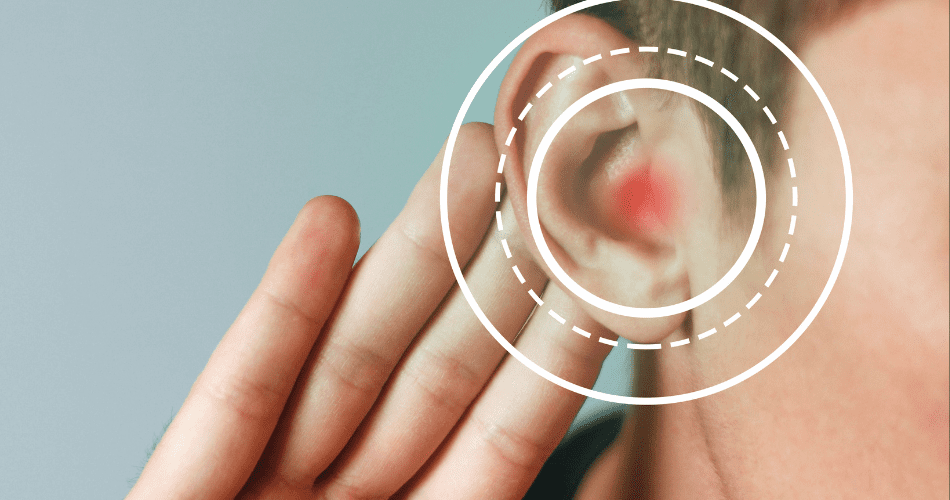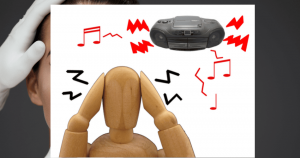Hearing loss workers compensation Overview 2021
How Does Your Workplace Affect Your Hearing?
If you have suffered hearing loss at work, you may be entitled to workers’ compensation for occupational hearing loss. A workers’ compensation lawyer experienced in the workplace hearing loss claims. It can help you get the proper medical evidence you require, including proper testing from a qualified audiologist to accurately determine your level of hearing loss. Then secure the largest payout for your disability. The most common hearing loss workers suffer is from tinnitus. It is not permanent nor is it progressive. Instead, it appears in cycles, phases, or combinations, which may be mild or severe.
Some of the most common forms of occupational hearing loss
- noise exposure from long-term exposure to hazardous noise levels,
- exposure to excessive levels of caffeine and
- Alcohol, exposure to extreme noise, or vibration.
Some forms of occupational hearing loss may be due to more than one factor. For example, prolonged exposure to excessive noise levels at work may be a symptom of a more severe underlying problem. Conditions may include such as sinusitis, and it might not show up immediately. Therefore, if your claim does not include information about the underlying cause of your hearing loss, you won’t be able to make a workers’ compensation claim based on that.
There are two other types of hearing impairments that workers may be able to make a worker’s compensation claim for. They are traumatic loss and permanent loss. Traumatic loss is usually permanent because of deafness following a trauma, like a bomb explosion, gunshot, or falling objects. The main issue with CCSVI is that it causes the brain to fail to remove excess water from the cells. Because it is difficult for the brain to remove excess fluid, this can lead to tissue damage over time.
Your employer should always ensure your earplugs provide maximum protection. Earplugs will protect your hearing loss from loud noises that could make the impairment worse. If you use regular hearing aids, it is important to get them checked periodically by an audiologist. If they find that your hearing loss continues or gets worse, you should get the devices replaced sooner rather than later.
You may also be able to make a workers compensation claim for occupational hearing loss brought about by a dangerous work environment. In this case, you will have to show that the environment was a significant hazard to you. In this instance, you will have to show that the harmful noise created a sense of anxiety and danger for you on the job. The courts may take into consideration the effect on your daily life and on the amount of time you spend in the workplace. Also, the mental state that you have been left with since you were unable to operate your machinery in the way it was intended to work.
If you have a long road away from work due to your hearing loss, there are many benefits that you can claim under the workers’ compensation laws. One of the first is payment for all missed workdays and overtime compensation. The court will look at whether the effect of your exposure to the noisy environment was detrimental to your physical and mental health. Additionally, the effects of your exposure to the noisy environment can be measured using devices called work monitors. Under the regulations of UK workplace hearing protection policies, there must be a regular supply of these monitors in places where there is a high level of exposure to noise from machinery or other sources.
Once you have suffered some form of hearing loss due to your work environment, you can claim compensation under the workers’ compensation laws. First, of all, you should consult a hearing specialist to see what kind of compensation can be claimed under your circumstances. The specialist will conduct some tests on you to determine how much hearing impairment (if any) you have suffered.
He may even suggest an evaluation of the impact of your exposure on your long-term health. If you have long-term hearing problems that have resulted from being around too much noise, you could be eligible for partial compensation. However, in some cases, your injury or disease could qualify you for full compensation.
What you must remember is that you cannot make a claim if your workplace is a construction site or any other place where you were exposed to very loud noises. It is not a good idea to attempt to make a claim if the source of your exposure was the sound of thunder, fireworks or jet aircraft engines. Also, if you were exposed to loud music or industrial noises, you may not be eligible to make a claim either.
Only those who were exposed to extremely loud noises are able to make a claim. You will probably be unable to make a claim if you were exposed to extremely low levels of noise as well, but only if your workplace had no other source of sound other than the one created by the industrial noise. In this case, it is likely that the hearing loss will be assessed as minimal. This is the end of hearing loss workers compensation.


Comments are closed.